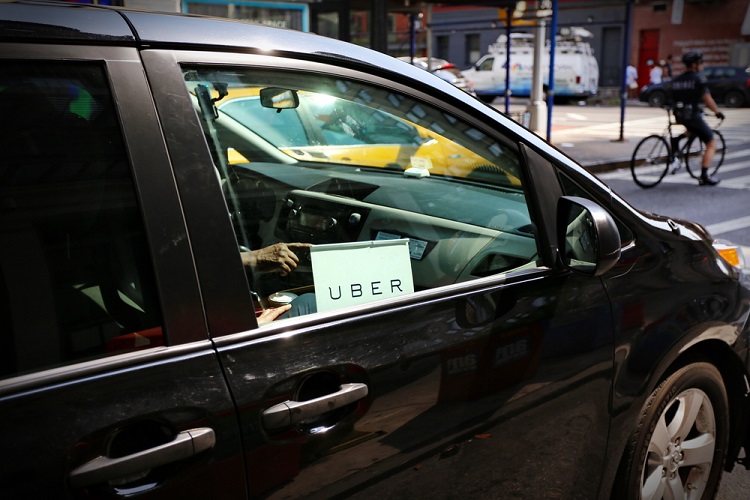
Uber has truly arrived in China.
Technically, it got there in early 2014. But until this year, the 6-year-old, $51 billion ride-sharing “startup” had been experiencing difficulties with various government entities.
The transportation mogul regrouped, got some influential Chinese investors on board, hired nearly 100% local, and is now taking off like a rocket.
You could say I underestimated its chances back in May when I wrote, “Uber faces a long road ahead if it hopes to take over China. But I suspect it’ll get there eventually.”
Well, it’s not No. 1 yet. But it’s close and accelerating.
Uber China already makes up 30% of the company’s worldwide revenue.
Bloomberg reports China will surpass the entire U.S. by the end of this year. In a short time, it’s grabbed a big slice of the total market, estimated to be around 30% to 35%.
Amazingly, there are already three cities in China doing more rides per day than New York.
This should give you an idea of how massive China’s market has become. Especially once you realize Uber is only the second-largest ride-sharing app in China.
It faces stiff competition from local powerhouse Didi Kuaidi, recently valued at $16 billion.
Big Didi
According to the South China Morning Post, Didi Kuaidi is doing 7 million rides a day in China. Traditional taxis make up about 2 million of those, with various private car and ride-sharing services making up the rest.
Didi is massive, fast-growing and working hard to innovate and stay on top of the competition. It recently started a bus app for longer-distance trips. And its new “Hitch” offering, advertised as a professional networking tool, seems interesting.
With Hitch, users enter their destination into the app on the way to work, and Didi finds someone to pick up on the way. The company says it plans to match riders based on shared interests in the future.
There’s no “fare,” per se, the rider simply pitches in a small amount. Naturally, Didi takes a cut of the transaction.













Leave A Comment